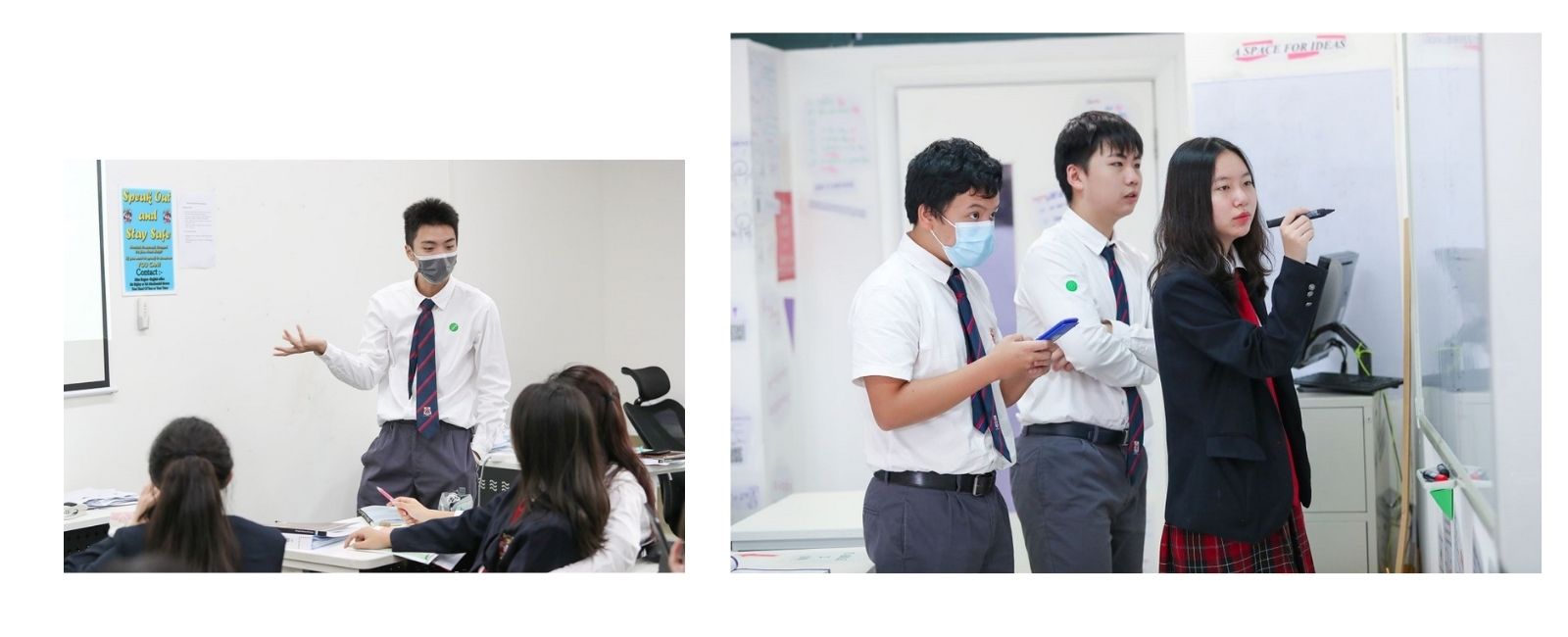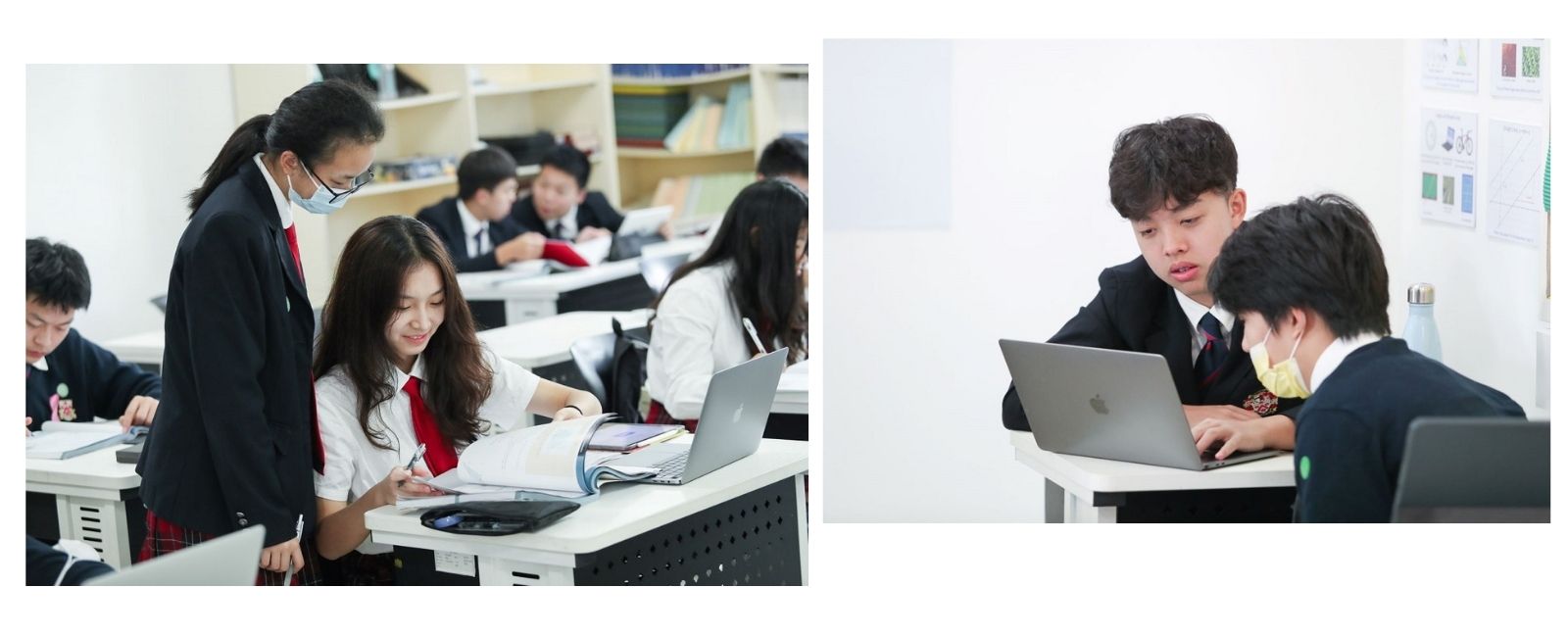Student Voice at DHZH
Student voice can manifest itself in myriad ways in any school, but what does it look like here at DHZH?
First we should look at a definition of what Student Voice is and why it has value.
‘The reasons for this greater focus on Student Voice relate to claims that greater individual and collective involvement and engagement by pupils in their own learning and in the life of their school communities not only ensures that children and young people’s internationally recognised rights are respected but also supports other important aspects of their physical, emotional, social and educational development’ (NASUWT).

This is a valuable starting point because clearly wanting students to be critically engaged with the educational journey they are taking, in order to increase their wellbeing and enhance their development, is a truly desirable thing for all stakeholders in the community.
But, this definition has been written by teachers for teachers. I went out to the students to ask them what student voice means to them. Here are a few of the things they said:
- ‘Students being able to give their opinions about school policies, and the quality of teaching.’
- ‘A way that students can give their advice on how the school can run better.’
- ‘Student opinions on how things are done at school in order to improve the school environment.’
- ‘Suggestions from students, what they want the school to improve, for example the school rules, the school food, time management.’
- ‘Students’ opinions that are useful information to improve the school positively.’
- ‘Something that connects the student to the teachers and allows their opinions to be heard. It is a channel for unanswered questions to be answered.’
- ‘Opinions or suggestions from us that the school can consider, and if there are many students who have the same opinions the school can maybe make some changes based on the suggestions.’

Some really important ideas are contained within these student definitions. One just has to think of ‘quality of teaching’, ‘improving the school positively’, ‘making changes’, ‘something the connects students and teachers’, or the ‘it is a channel for unanswered questions to be answered’ which is a wonderfully perceptive and insightful way of conceiving the idea of student voice.
As we continue to progress through the year, some of our super students, with their voices trained on and constantly engaged with the most important aspect of school life – the experience of the students – will take up the reigns of this space. They will discuss some of the ways that they are using their voice, how it is being heard, and the difference that their voices can make. This is not just making a difference to their own educational experience, but also that of their peers, and even to those who will attend the school long after they have moved into the echelons of DHZH alumni.
After all, across the whole network of Dulwich schools and colleges, students do come first.





